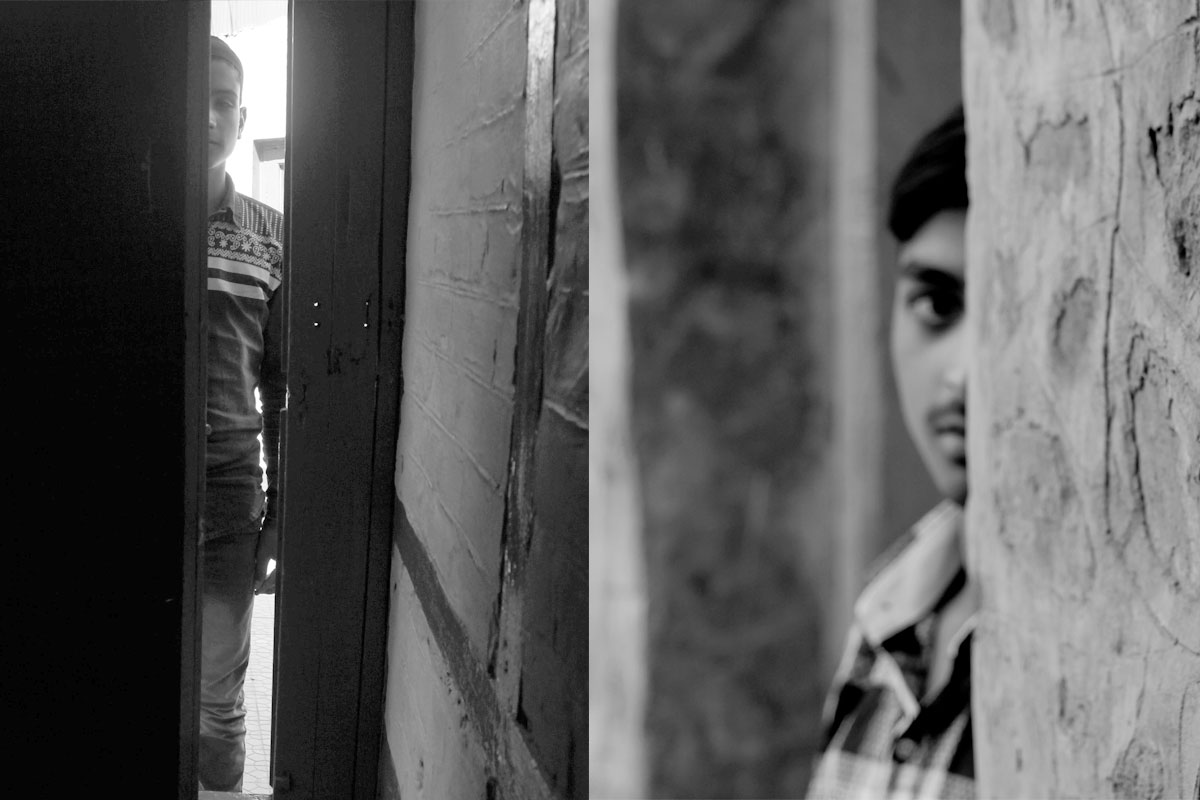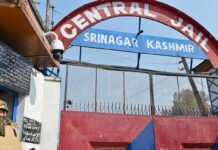When cops catch hold of a minor and write him in their records, it marks the beginning of a long crisis for him, reports Durdana Bhat

One afternoon in March 2016, Danish Rafiq, then 14-year- old, was on his way to a stadium around downtown Srinagar after having his lunch. That day, Danish was playing in the stadium since morning. He had come home just for the lunch and was going back to play. From the road, the cops allegedly intercepted him, beat him and later arrested him. Then, he was in eighth-grader in the S S Islamia Mission High School.
His family said the boy did not break any law as he was only walking on the road. Later that evening, police lodged an FIR against him. The next day, he was taken to the police station.
“ I was detained on the charges of stone-pelting, which I never did,” Danish said. “As I was being beaten, the Station House Officer was taking my pictures. I was alone in the police van and soon I was directly taken to M R Gunj police station where they lodged an FIR against me. I was arrested under the Public Safety Act (PSA). I spent the whole night there, and then in the morning, I was taken to the court.” When the police van took him to the police station, four cops searched his body and entered his name in police records.
“I continuously pleaded that I hadn’t done any stone-pelting. I asked them to check my hands. My hands were clean; they took me in just because I was wearing a mask though I told them that I wore it because I had a sore throat,” Danish remembers. “They didn’t listen to me and locked me down in prison.”
Later, along with other four boys, unknown to him, he was taken to the Khanyar police station, where a person wrote the information about the boys and asked him a question: Why was he participating in stone-pelting? What drove him to do stone-pelting? After completing the formalities, the official allegedly beat him.
“From Khanyar, I was taken to the hospital because I wasn’t feeling well,” Danish said. “Once free, I was taken to court.” He languished in the police station for many days and then sent home.
But the case is still going on. Danish has to present himself before the court wherever he is summoned. Sometimes, even when he has to write his term examinations, his father has to present himself instead with the date sheet and a letter. The letter about Danish’s examination is written by his principal.
Danish is not alone. Scores of Kashmir children detained under the PSA when they were minors are facing the cases while they turned adults, above the age of 18. During the 2008 Amarnath land row, the 2010 mass unrest and the agitation following the killing of Burhan Wani, numerous teenagers were rounded up and charges were slapped against them.
The arrests have destroyed careers in various cases. Sahil Gulzar was a seventh standard student when he was arrested. A student of SS Islamia Mission School, he gave up his studies and now works in a shop.
Gulzar was arrested many times. In 2015, he was arrested near Jamia Masjid. He came out with a case under PSA against him. Next time, after Burhan Wani was killed, Gulzar’s name was already in lookout list. As the situation got tense, his father was taken to the police station and kept in the lock-up for two days.
Gulzar was into hiding and when he heard about his father, he went to the police station and surrendered. Police sent his father home and retained him for 17 days.
In 2017, police slapped Gulzar with third PSA and imprisoned him for 18 days.
“They (cops) would beat me, slap me and ask me to give the names of the boys who pelt stones,” Gular said.
Now his life is in a mess. He dropped out of school and is a salesman. He works at the shop between 9 am to 6 pm.
But Danish Rafiq says he will not give up studies. He is now in his tenth class. “I have continued my studies and fighting the case at the same time,” Danish said. “I know, I will not get a passport and my dream of pursuing studies abroad may not be possible.”















